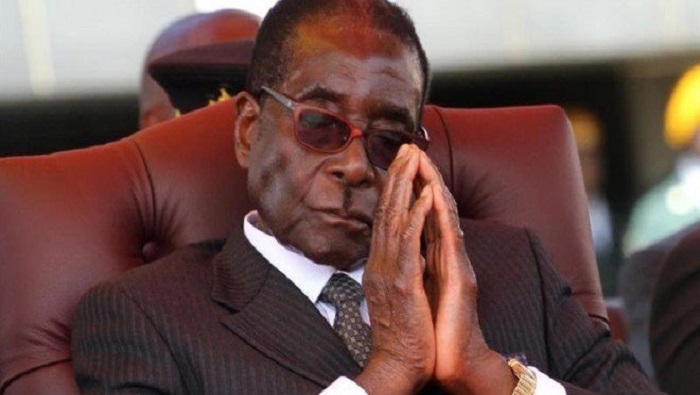
Nairobi: African heads of state and envoys are gathering to attend a state funeral for Zimbabwe’s founding president, Robert Mugabe, whose burial has been delayed for at least a month until a special mausoleum can be built for his remains.
The service and viewing of the body of Mugabe, who died last week in Singapore at 95, will be at the National Sports Stadium in the capital, Harare, and comes following the announcement by the Mugabe family and Zimbabwe’s president Emmerson Mnangagwa, that his burial will be postponed until a new edifice for his body can be constructed at the National Heroes Acre monument.
More than 10 African leaders and several former presidents are expected to attend Saturday’s ceremony at the 60,000-capacity stadium.
Mugabe, who died last week, left Zimbabwe torn over the legacy of his 37-year rule marked by brutal repression and economic crisis.
He died almost two years after former army loyalists forced him out in 2017, following a power struggle over what was widely perceived as his bid to have his wife, Grace, succeed him.
His body was returned from Singapore on Wednesday to a country divided and still struggling with inflation and food and fuel shortages caused by decades of economic crisis.
“Despite certain misgivings, within certain quarters about his so-called mistakes ... the government’s position is clear,” the foreign minister, Sibusiso Moyo, told reporters. “The late President Mugabe is an icon.”
The South African president, Cyril Ramaphosa, and a dozen current and former African leaders are expected to attend Saturday’s official funeral at a Harare sports stadium.
While Mugabe ended white-minority rule and gave more access to education and public health to the poor black majority, he soon turned to fear and repression to govern.
Many Zimbabweans will remember Mugabe more for the economic mismanagement and increasingly tyrannical rule that followed the initial hope of liberation.
Millions fled the country during decades of crisis and hyperinflation and a brutal crackdown on dissidents at home.
Many are struggling to survive despite Mnangagwa’s vows of more investment and jobs in the post-Mugabe era.
“Things were much better under Comrade Mugabe, prices of basics were lower,” said Daydream Goba, 27, using an affectionate term for Mugabe. “Now, we can barely manage.”
Always divisive in life, Mugabe’s funeral arrangements were also caught up in a dispute between Mnangagwa and the family over where and when the former leader should be buried.
His family are still bitter over the role Mnangagwa played in his ousting and had pushed for Mugabe to be buried in his homestead of Zvimba, north-west of Harare.
A former guerrilla who fought alongside Mugabe against colonial forces, Mnangagwa was fired as first vice-president by Mugabe in 2017. Mugabe branded him a “traitor”.
Soon after, protesters and military officers pressured Mugabe to step down in what was widely seen as a struggle between Mnangagwa’s faction and loyalists to Grace inside the ruling Zanu-PF party.
The “heroes” monument, where more than 130 national figures are buried in black marble tombs, sits on a hilltop overlooking Harare. Mugabe’s first wife, Sally is also buried there.